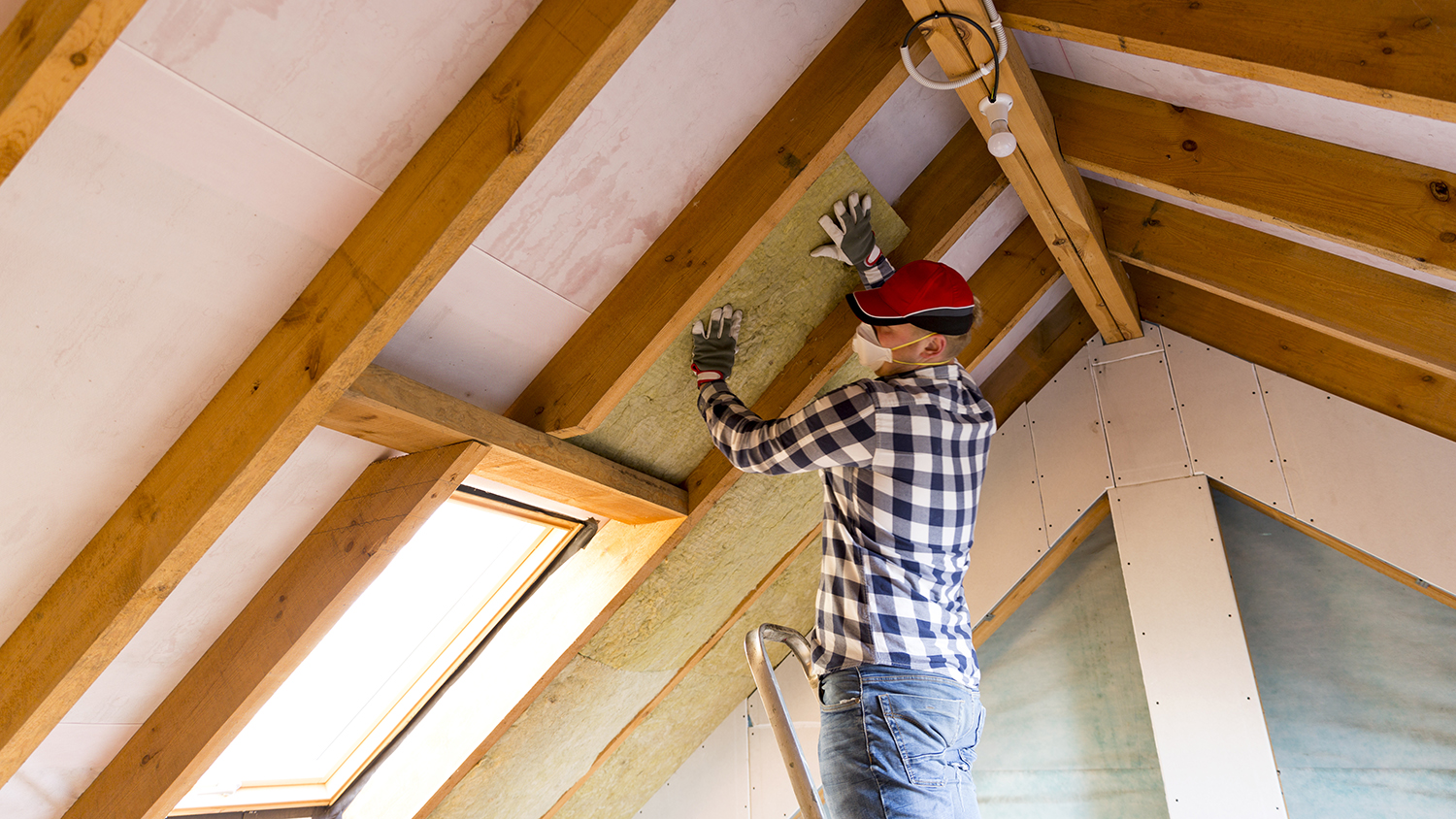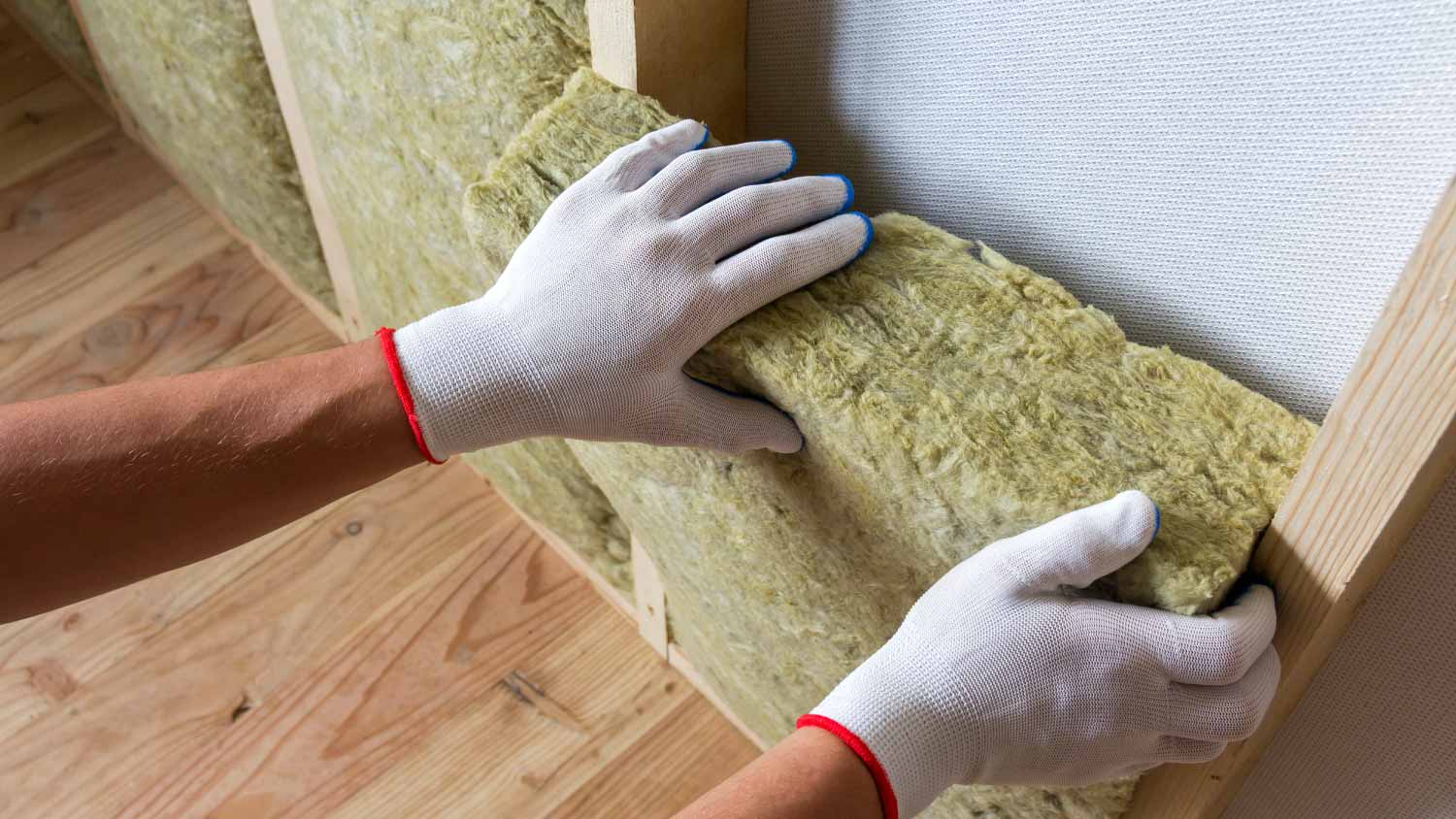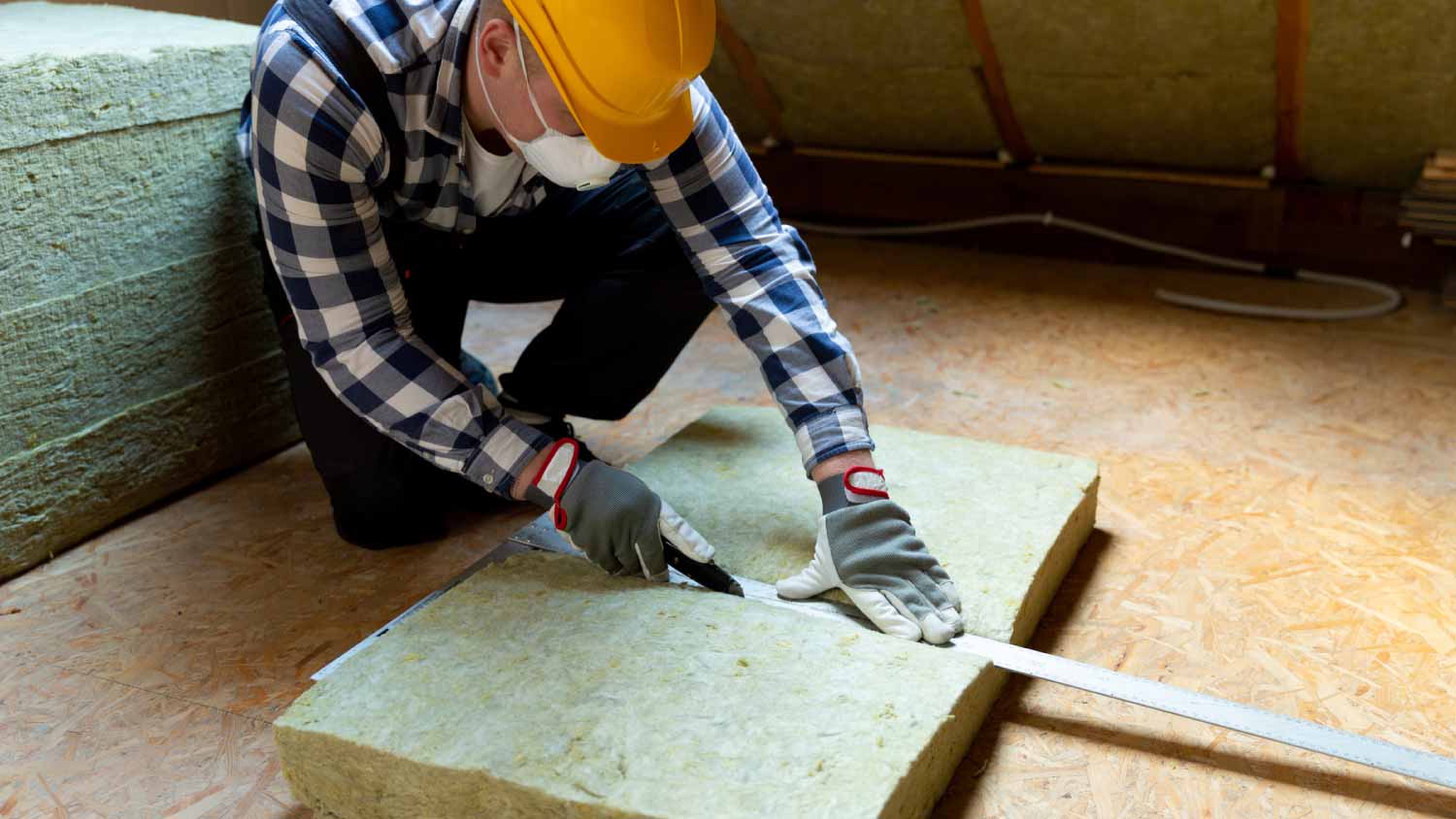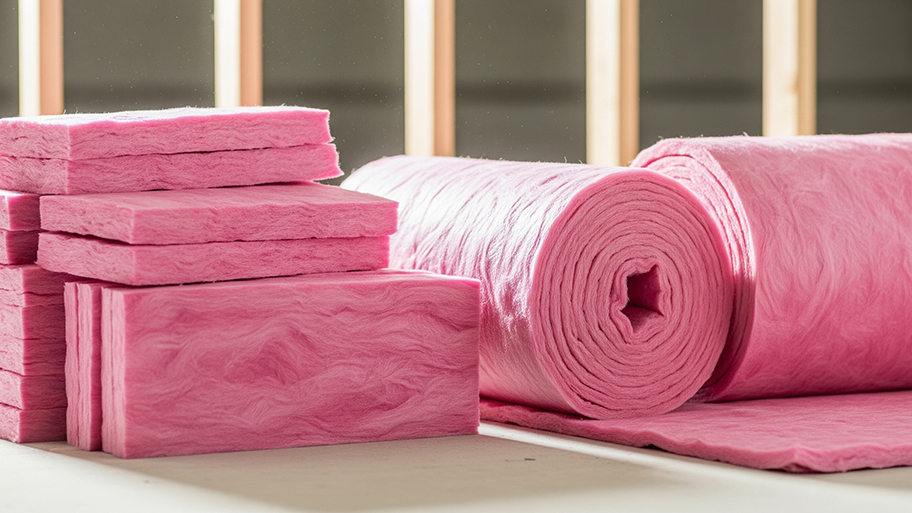
Discover roof insulation costs, including average prices, key cost factors, and expert tips to help you budget and save on your next project.
Rockwool may just be the perfect insulation for your home


Rockwool costs between $1.10 and $3.10 per square foot.
This insulation comes from minerals and iron byproducts.
Rockwool is an excellent thermal insulation.
There are concerns about the safety of rockwool fibers.
We've all heard of fiberglass insulation and cellulose insulation. But a lesser-known insulation material on the market is rockwool insulation, and it just might be the perfect insulation for your home—especially if you’re wondering how to soundproof a room. Let’s break down what rockwool is to see how it compares to other insulation options available.

Rockwool is a type of insulation that is commonly used to insulate residential buildings. Also called stone wool insulation, rockwool is created through a heating process that melts two key materials together. One ingredient is rock-based minerals derived from basalt or diabase rock, while the other ingredient is recycled slag. Slag typically comes from the byproducts of iron ore blast furnaces.
As the two materials heat, they spin together, like a cotton candy machine, until the melted droplets create fine fibers. From there, the fibers are taken to be used as insulation or to serve other purposes. A hydraulic press contorts the fibers into insulation for an easy installation.
Just how much rockwool contains recycled materials depends on the manufacturing facility, but you can expect your rockwool to contain anywhere from 16% to 40% recycled goods on average.
Rockwool insulation comes with many advantages and disadvantages that make it a bit of a controversial insulation material. Below are the pros and cons of choosing rockwool insulation to help you determine if it's the right material for your home.
Let's start with the advantages of rockwool insulation. You’ll find that rockwool has many pros that make it a top contender for many home insulation projects. Here are some of the benefits of rockwool:
Uses recycled materials
Provides excellent soundproofing
High R-value
Serves as a poor heat conductor, which traps heat inside insulated buildings
Has fire-resistant qualities
Moisture resistant
Mold- and mildew-resistant
Easy installation
High durability
With all the advantages that come with rockwool, the insulation does have a few cons that you should consider before choosing this type of insulation material—namely, the potential health risks associated with rockwool. Check out these disadvantages of rockwool before you invest in this insulation.
High cost
High pH level
Can irritate the skin, eyes, and respiratory tract
Loose fibers can harm your lungs and could be a possible carcinogen
May also cause itchiness
Won’t biodegrade

Rockwool insulation costs anywhere from $1.10 to $3.10 per square foot, depending on the quality of the insulation, the insulation’s R-value, and whether you install it yourself or hire a pro. This high cost puts rockwool up there in the ballpark of the cost of spray foam insulation.
Installing rockwool insulation is a simple and straightforward project because the material is semi-rigid batt insulation. Rockwool does not come in loose-fill or blown-in insulation types. This means that the material is both flexible and firm enough to easily place inside your wall panels, attic space, crawl space, floors, basement, or other areas without professional assistance.
To install rockwool, measure the size of the space you’re installing the rockwool, put on a complete personal protective equipment assembly, cut the material to size, then insert the rockwool into the areas you want to insulate.
Though installing rockwool is a fun project for avid DIYers, it’s not for everyone. If you’re looking to quickly install rockwool without so much as lifting a finger, you can always work with a professional insulation company near you to complete your installation.
From average costs to expert advice, get all the answers you need to get your job done.

Discover roof insulation costs, including average prices, key cost factors, and expert tips to help you budget and save on your next project.

Crawl space insulation costs vary by size, insulation type, and material. Read this guide to learn how much your crawl space insulation could cost.

Wool insulation offers a higher R-value than fiberglass but is more expensive. Use this guide to estimate wool insulation costs for your home.

How much does it cost to insulate a wall? This guide breaks down the associated costs and variables to consider when setting your project budget.

The insulation R-value can make all the difference in keeping your home insulated, but it depends on where you live. Keep reading to learn about R-values.

Are you stuck trying to decide between blown-in insulation and spray foam insulation? Factors like your budget and local climate will help you pick the right one.